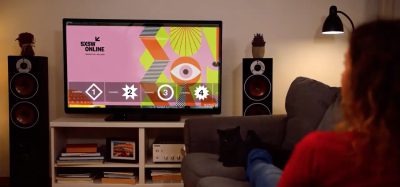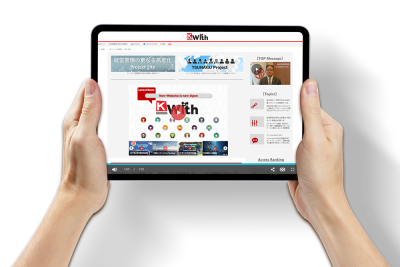How FreightWaves Took Their Annual Customer Event Virtual
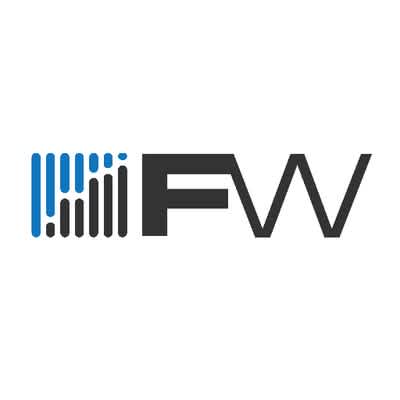
Have you ever wondered how logistics providers help deliver your online orders? Or how those providers get their information to make sure they deliver on time? Often referred to as the “Bloomberg of freight,” FreightWaves is the go-to source for analytics, news, and context for the global logistics industry. And with 60% of our global economy dependent upon the movement of product across the supply chain, FreightWaves is essential.
Craig Fuller, FreightWaves Founder & CEO, grew up in and around the logistics industry. When his dad took his own logistics company public, Fuller became enamored with CNBC and Bloomberg TV. In fact, seeing data and information combined with a little bit of entertainment was his primary inspiration for starting FreightWaves. “Before we came along, there wasn't really a real-time news network or data network that was providing context of what was happening around logistics, and that's the role that we fill,” says Fuller.
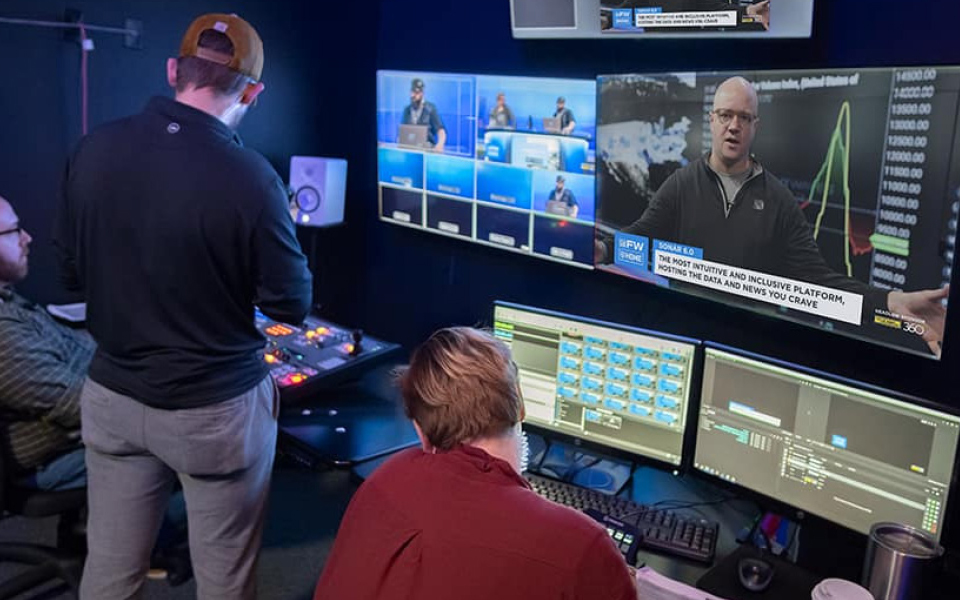
Data is a core part of FreightWaves’ business, and transportation companies rely on that data every day to make decisions at every turn. “Prior to COVID-19, I think most people thought of logistics as sort of a sleepy, boring industry that wasn't really interesting,” says Fuller. “If you think of how effective the logistics industry has been delivering everything from toilet paper, to food and groceries, to PPE products, that's really the function of the logistics industry.” Without FreightWave’s flow of near real-time information, their customers would not be able to make quick decisions on how to direct their operations or respond to unpredictable weather or events.
Since FreightWaves provides news and information that focuses on supply chains, their unique perspective saw early indicators of COVID-19’s impact at the very beginning of 2020. In the past, FreightWaves typically hosted their annual customer event in Atlanta, Georgia, with around 2,500 people in attendance. But with rising concerns around COVID-19, they quickly rose to the challenge and pivoted to a virtual event experience.
“[We realized] if we're going to do a virtual event, we want to make sure that our audience is going to stick around for the three days. And so, for those three days, we basically treated our virtual event as a cable TV network,” says Fuller. “We had a really, really awesome production team here, as well as partners like Brightcove.”
Instead of being limited to the 2,500 people typically at their physical events, FreightWaves was able to increase their reach by more than 3600% (!) as a result of going virtual. “When we did our virtual event, we had 92,000 unique folks that tuned in, with over 5 million minutes of streaming content, and it blew us away!”
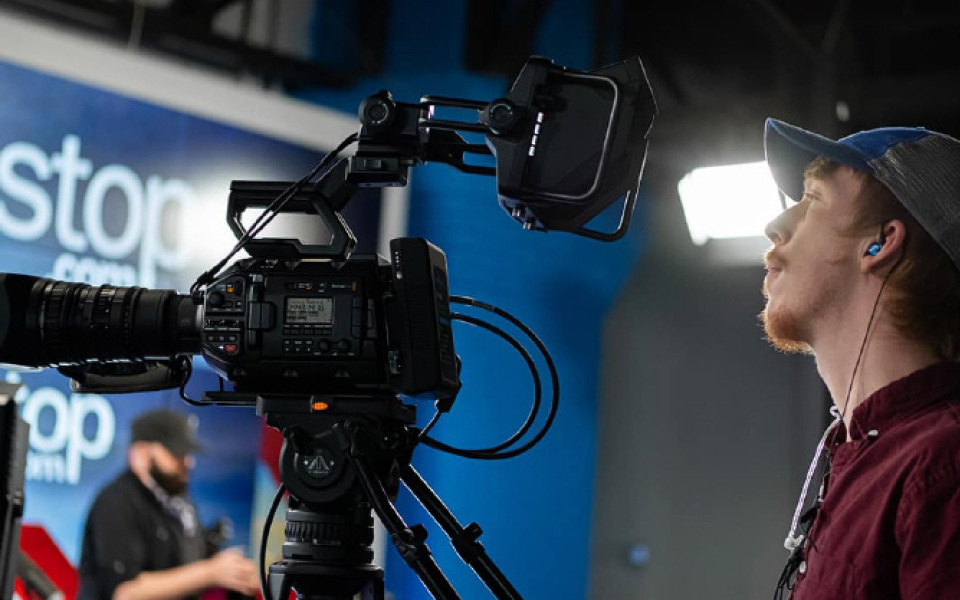
With the future of in-person-only events remaining risky and uncertain for the time being, FreightWaves plans to continue to think virtual first. “I think we're in a world where virtual is going to be the preferred platform for most content businesses. I don't think there's anything that can rival high-quality, highly produced, relevant content that is video on demand or live; there's just nothing that can rival [it]. Not to mention all of the advantages from marketing and customer engagement you get through a video platform,” says Fuller.
Scale, reach, control of messaging, and the ability to ensure content lives on well beyond the event itself are just some of the advantages of virtual event experiences. But Fuller suggests event organizers embrace change and open their imaginations to what’s possible with virtual. “A lot of folks want to replicate their virtual event to their in-person event, and I actually think that's a mistake, because when they do that, they're limiting what they can actually do with video,” he says. “And so I’m a huge fan of video. It's certainly a part of our arsenal and will be going forward.”
